The Pan-African Film Festival (PAFF) is known for showcasing thought-provoking films that shed light on important issues facing communities of African descent around the world.
This year, one documentary in particular has captured the attention of audiences and critics alike: “The Disappearing Black Farmers of America.”
Directed by acclaimed filmmaker Ava DuVernay, the documentary explores the history, struggles, and resilience of Black farmers in the United States, shining a spotlight on a community that has been largely overlooked and marginalized.
In this article, we’ll delve into the significance of “The Disappearing Black Farmers of America,” examine the challenges facing Black farmers, and discuss the impact of the film on audiences at the Pan-African Film Festival.
A History of Resilience
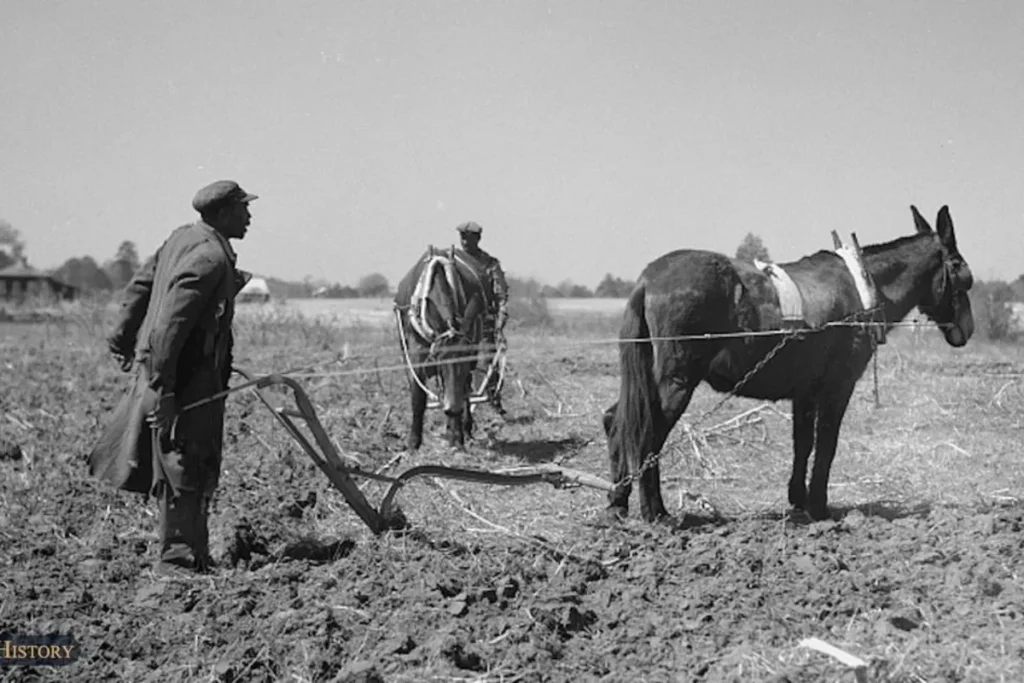
For centuries, Black farmers have played a vital role in shaping American agriculture, contributing to the country’s economy and food supply while overcoming systemic racism and discrimination.
From the days of slavery to the present day, Black farmers have faced countless obstacles, including land theft, unfair lending practices, and discriminatory government policies.
Despite these challenges, Black farmers have persevered, working tirelessly to provide for their families and communities while preserving their cultural heritage and traditions.
The Decline of Black Farming
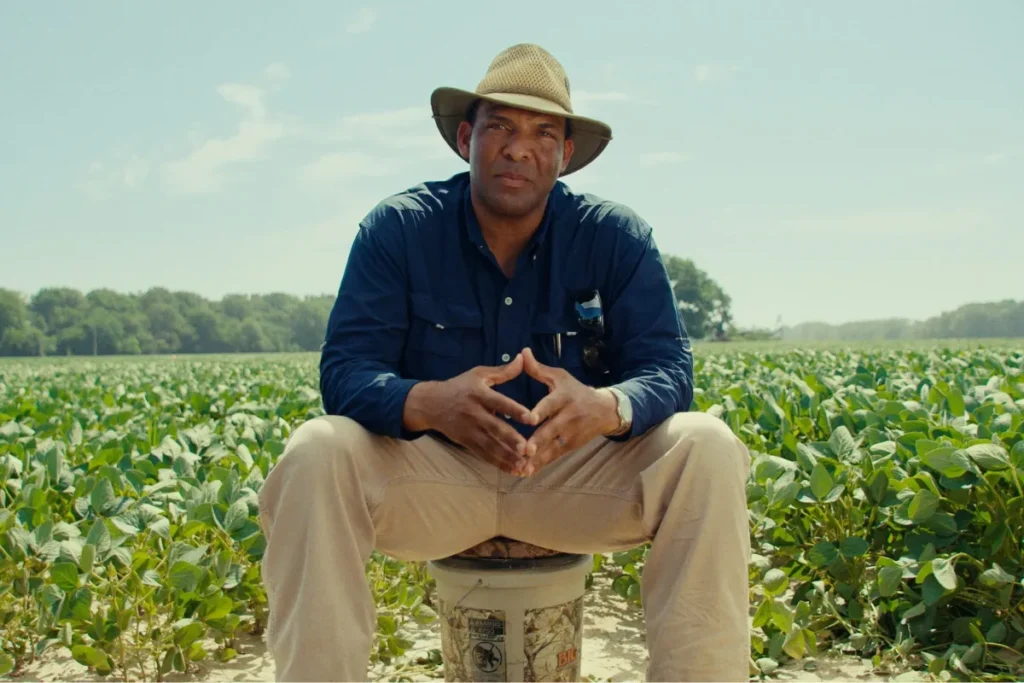
Despite their contributions to American agriculture, Black farmers have been disproportionately affected by the decline of family farming in the United States.
Over the past century, the number of Black-owned farms has steadily declined, due in part to discriminatory practices by government agencies, banks, and agricultural corporations.
Today, Black farmers make up less than 2% of all farm owners in the country, a stark contrast to their numbers in previous generations.
“The Disappearing Black Farmers of America” shines a light on the factors contributing to the decline of Black farming, including the loss of land, lack of access to resources and support, and the challenges of competing in an industry dominated by large-scale industrial agriculture.
Through interviews with Black farmers, agricultural experts, and community leaders, the documentary explores the root causes of the crisis facing Black farming and offers insights into potential solutions.
A Call to Action
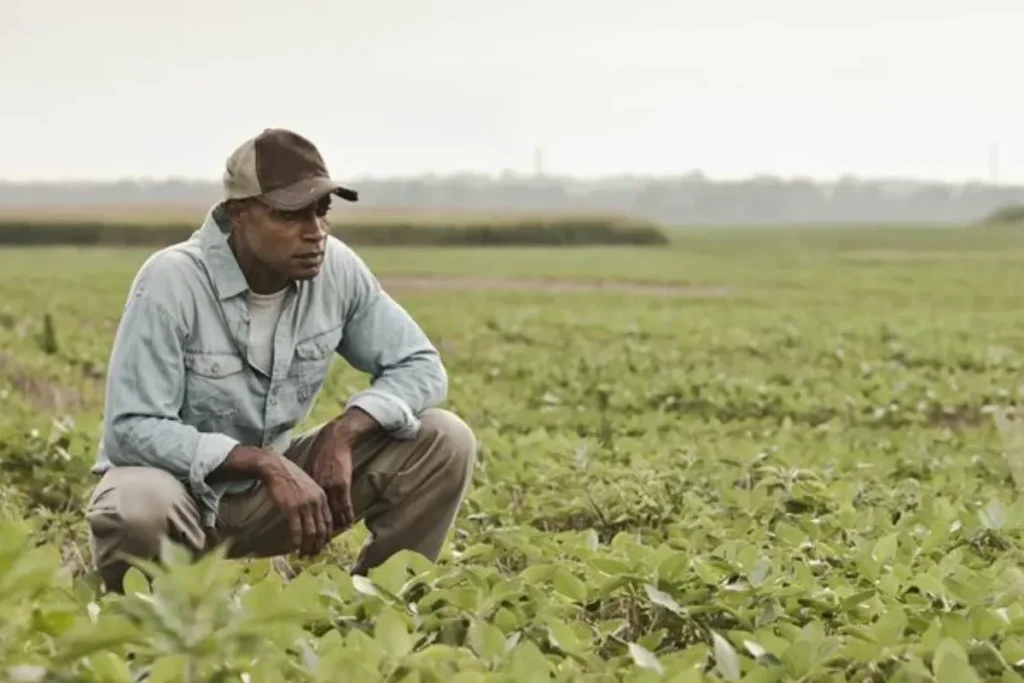
At the heart of “The Disappearing Black Farmers of America” is a call to action for audiences to support and uplift Black farmers in their communities.
The film highlights the importance of preserving Black-owned farmland, advocating for policy reforms to address systemic racism in agriculture, and investing in programs that provide resources and support to aspiring Black farmers.
Through powerful storytelling and compelling visuals, “The Disappearing Black Farmers of America” challenges viewers to confront the legacy of racism and injustice in American agriculture and to take meaningful action to support Black farmers.
From advocating for equitable access to land and resources to supporting Black-owned businesses and agricultural initiatives, there are countless ways for individuals and communities to make a difference in the fight for racial justice in farming.
Impact at the Pan-African Film Festival
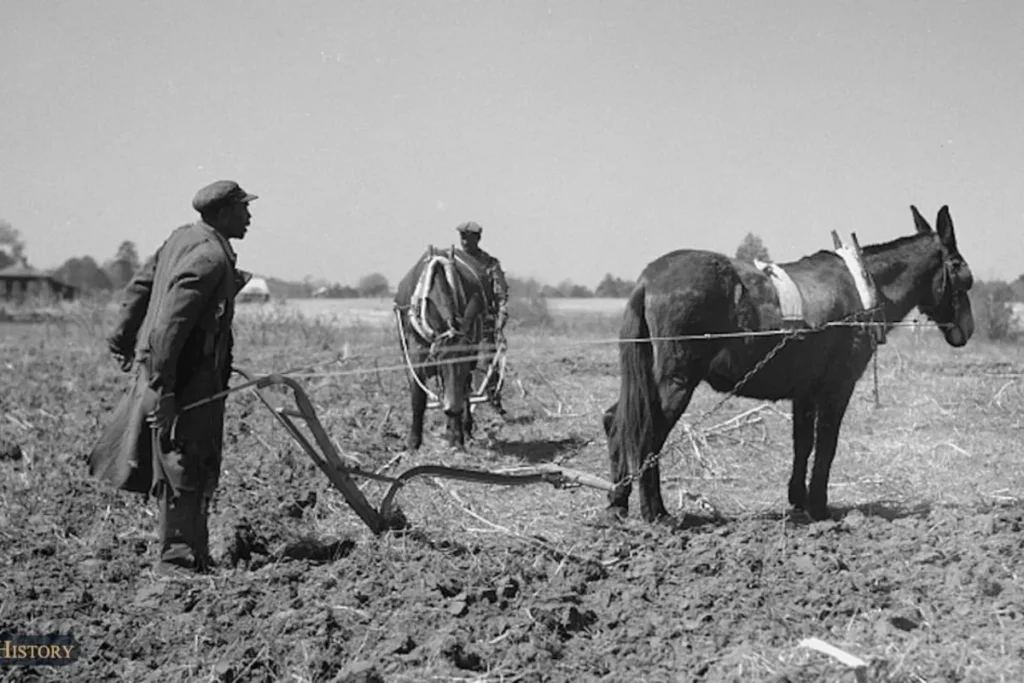
“The Disappearing Black Farmers of America” has had a profound impact on audiences at the Pan-African Film Festival, sparking important conversations about race, agriculture, and economic inequality.
The documentary has received rave reviews from critics and viewers alike, with many praising its powerful storytelling, informative content, and message of hope and resilience.
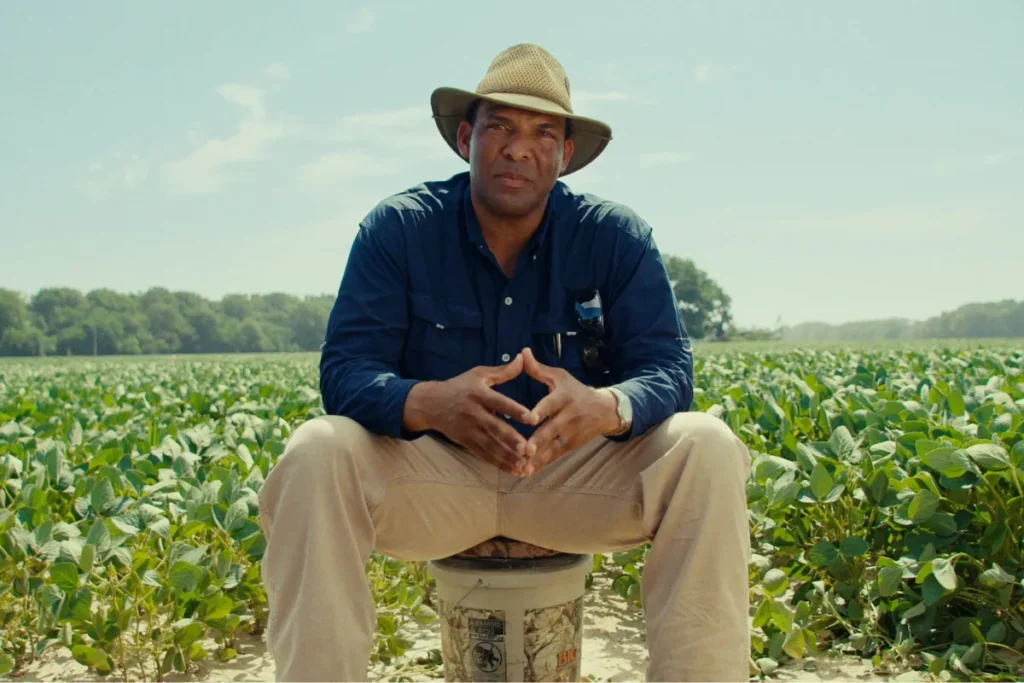
Audiences at the Pan-African Film Festival have been moved by the stories of Black farmers featured in the documentary, as well as inspired to take action to support Black farming communities.
From attending panel discussions and community forums to supporting Black-owned farms and businesses, viewers have been galvanized to become allies in the fight for racial justice in agriculture.
As “The Disappearing Black Farmers of America” continues to make waves at the Pan-African Film Festival and beyond, its message of resilience, empowerment, and solidarity resonates with audiences of all backgrounds.
By amplifying the voices and experiences of Black farmers, the documentary shines a light on an often-overlooked aspect of American history and inspires viewers to work towards a more just and equitable future for all.
